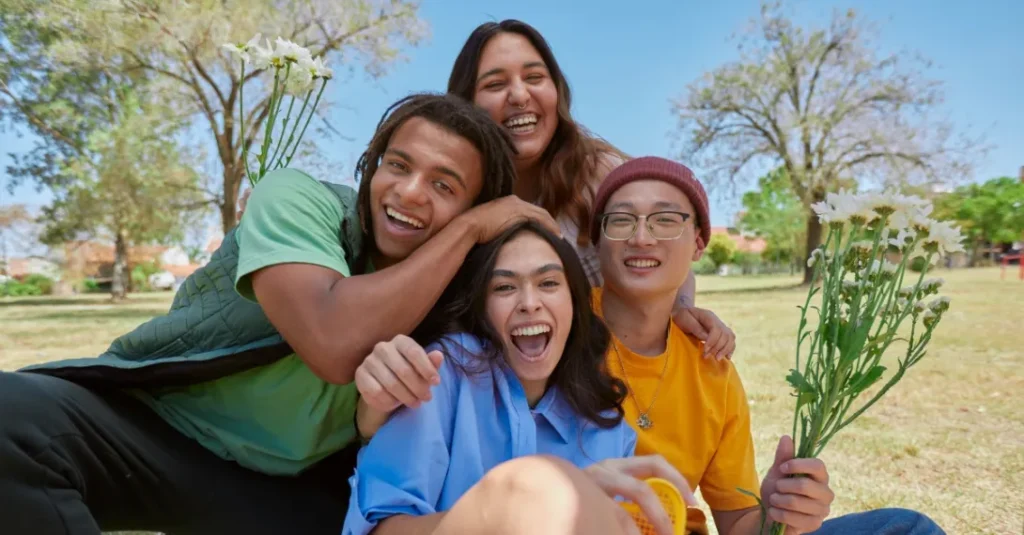
We need to actively shape the values of our communities, or our hearts will never heal.
Since my return to my entrepreneurial journey, I have engaged in conversations with remarkably insightful founders—individuals who embody the essence of Joyfully Different. These founders hail from diverse areas of expertise, such as storytellers, coaches, and leaders in various fields distinct from my own. Additionally, I have had discussions with trauma survivors, gaining valuable insights into the nature of community, meaning, and the common threads that bind them.
During one of these conversations, I delved into various tangents with a fellow founder that ultimately led us to examine the values that unite us. In this blog post, I aim to guide you through the values that shape our communities, enabling you to make more informed choices in shaping and participating in your communities. By doing so, you can foster more authentic connections within your communities, contributing to the collective endeavour of crafting a world characterised by implicit empowerment and connection—a concept that may seem distant but is within our reach.
We also discussed how our brains are hardwired for survival, programmed to seek out potential dangers and ensure the needs of our families and loved ones are met. However, anything beyond these basic instincts requires active choice. Unfortunately, when we neglect to make these choices, we risk forming communities rooted in trauma. This encapsulates the current state of community building.
With that active choice, though, we need to look at the value of authenticity, which translates to working with our natural rhythms. Neurodivergent people have unique rhythms, processing styles, and other traits, and if a community’s structures create environments where we can operate with our natural rhythms we have the support needed to make the choice to find joy and happiness
Currently, in my view, the frameworks governing our communities often strip away the intimacy inherent in human connections. In community psychology, participation is recognized as a fundamental aspect, yet the genuine embrace of individuals is rarely discussed.
There is a growing tendency to overlook the emotional depths in the community spaces we create, resulting in forced barriers to the authentic connections that contribute to the sense of euphoria and fulfilment when discovering one’s tribe and people, as one member of Joyfully Different beautifully put it, the feeling of “freedom.”
We need to infuse true compassion and empathy into our communities. By building our communities with those values in mind, we can create communities of healing—communities that can support the weight of vulnerability and, most likely, trauma in the area of life they serve, providing psychological permission to be ourselves.
The value of unity also needs to be embedded in our communities. The type of unity that allows us to have compassionate discussions and explore choices. Creating environments of that kind of implicit empowerment can give us the support base we need to pursue what gives us joy together.
As society evolves values can change radically as we evolve. Sometimes the values that we evolved from don’t always wash out. There are some who still hold on to them and cling to them and acknowledging that in a compassionately honest way and helping people work through it allows us to free ourselves from the grip of trauma and create connected communities.
Lastly, we need to infuse our community with equity. To me, equity means creating spaces, resources, and structures that give people what they need to be their authentic selves and to share their light and heart with you and the community you are in.
Values orient us, and they are at the heart of the stories that shape our thoughts and feelings and become the building blocks of our communities.
With that in mind, I leave you with this question: What kind of values do you want to see in your community?
